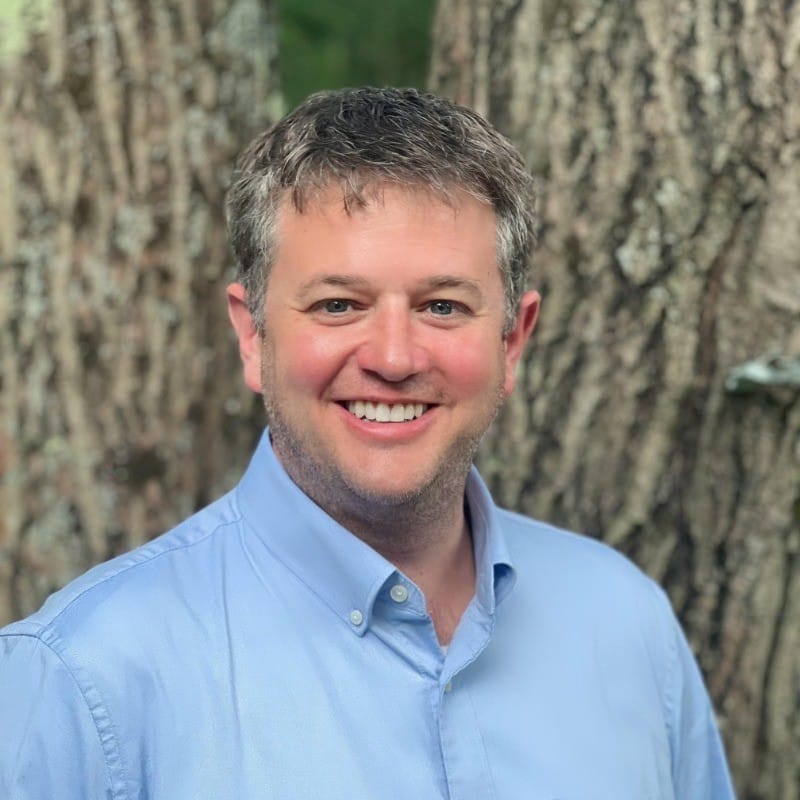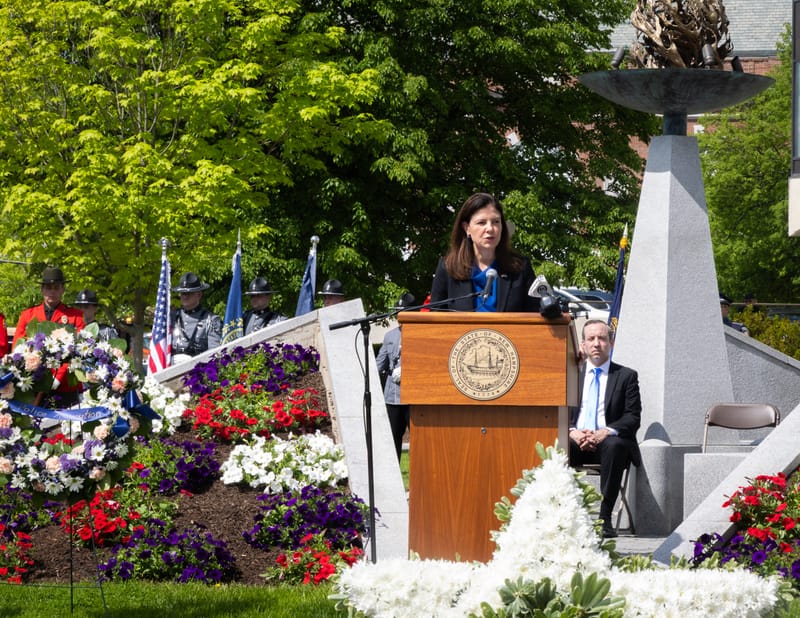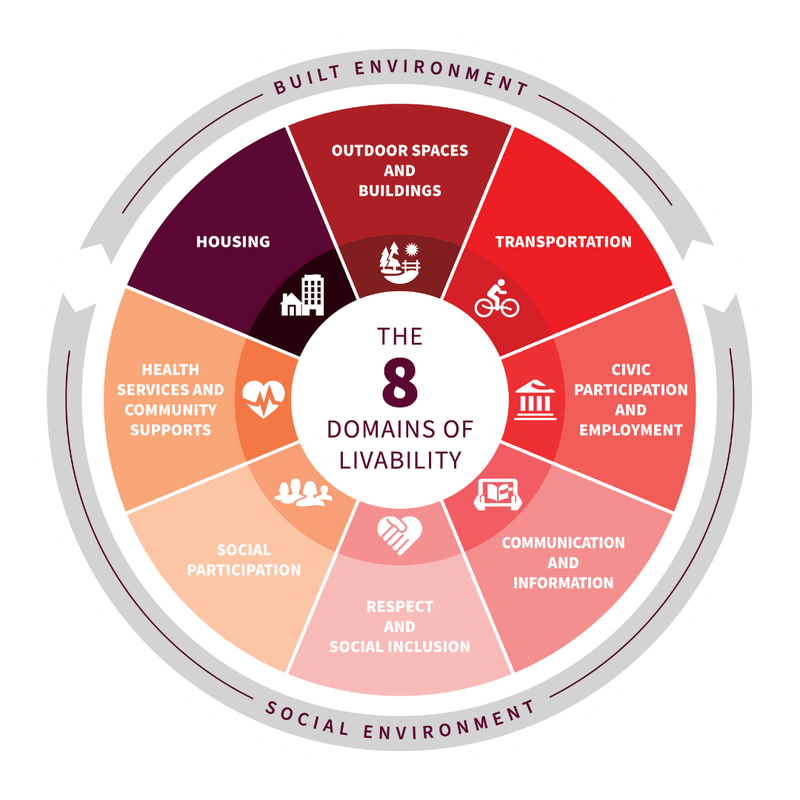The Soapbox: Autism is not a tragedy, fear is
What does it say about a society when someone with power and a microphone can stand before the nation and describe a population of people as an epidemic? Recently, Robert F. Kennedy Jr. said that autistic people will “never pay taxes,” “never write a poem,” and “never go on a date.” These claims wer

O P I N I O N
THE SOAPBOX

Stand up. Speak up. It’s your turn.
What does it say about a society when someone with power and a microphone can stand before the nation and describe a population of people as an epidemic? Recently, Robert F. Kennedy Jr. said that autistic people will “never pay taxes,” “never write a poem,” and “never go on a date.” These claims were not made in the spirit of care or concern. They were made to evoke fear, to paint autism as a mistake, and to signal to the public that autistic lives are somehow incompatible with value, agency, or contribution. That framing is not just inaccurate. It is a step backward into a past many of us have fought hard to move beyond.
Autism is not a modern tragedy. It is not an epidemic. It is a naturally occurring form of neurodivergence that has always existed, even if it was misunderstood, misnamed, or missed entirely in the past. The growing number of autism diagnoses in recent decades does not reflect a sudden spike in incidence, but rather a long-overdue correction in how we see, identify, and support people, particularly those who were historically excluded from medical and educational systems. They were not invisible because they did not exist. They were invisible because systems refused to see them.
Knowledge has evolved, but our Secretary of Health and Human Services has not. While researchers, educators, and autistic people themselves have spent decades advocating for more accurate and affirming ways to understand autism, there are still narratives that are stuck in deficit-based models. These narratives tell us that autistic people are burdens to be managed, not individuals to be included. When Kennedy uses misinterpreted statistics to label autism as catastrophic, he is not promoting science. He is using stigma and misinformation under the guise of concern.
Every time a public figure speaks about autism in this way, the harm ripples out. It reinforces fear in parents who are seeking understanding. It justifies policies that limit access to services or educational accommodations. It emboldens efforts to dismantle spaces where autistic people have a voice. It sends a message to the broader community that autistic lives are lesser lives. That kind of message bleeds into how children are treated in schools, how adults are supported in workplaces, and how families access resources.
Until we shift this narrative, we will continue to see supports for autistic people framed as optional, instead of essential. As someone who has worked in education and adult services, who has conducted research on autistic identity development, and is the Executive Director of ABLE NH, I have witnessed the profound impact of inclusion. When autistic individuals are met with high expectations, meaningful supports, and a belief in their capabilities, they thrive. They contribute. They build relationships. They lead. What limits them are not the traits associated with autism, but the rigid systems that fail to accommodate difference.
People often forget that autistic individuals are not just recipients of services. They are thinkers, artists, leaders, and organizers. I have seen autistic students find their voice through self-advocacy. I have seen adults use communication devices to educate others. Their lives are not defined by tragedy, but by persistence and creativity. What they need is not to be fixed, but to be listened to and included in shaping the systems that affect them.
Too often, autism is treated as a problem to be solved rather than a difference to be respected. This mindset opens the door to exclusionary practices: segregated classrooms, institutionalized care, and underfunded public services. If autism is only ever framed as a burden, then it becomes easier to deny funding for supports, to eliminate protections, and to justify keeping autistic people at the margins of society. That is not advocacy. That is structural ableism.
History offers us countless examples of what happens when societies use this thought process. From forced institutionalization to eugenics movements, disabled people have long been targeted by policies rooted in fear, not fact. What Kennedy is proposing may seem like modern public health, but it echoes old ideas dressed in new language. When he speaks of autism as a preventable tragedy, he is not offering hope but he is offering a thinly covered argument for erasure.
In my life, I have heard stories from those I have supported, advocated alongside, and have loved about disconnection, not from community, but from the systems that are meant to support autistic individuals. That disconnect is not just unfortunate, but it is systemic.
Society is shaped by the stories we tell and the ones we choose to ignore. If autism is always introduced as a tragedy, then we leave no room for stories of joy, connection, and achievement. But those stories exist. I have seen them. I have lived alongside them. They deserve space in our public conversation, not as feel-good exceptions, but as evidence that inclusion works.
In New Hampshire, our commitment to disability inclusion has been tested. The move to dismantle the New Hampshire Autism Council is not an isolated event, it is part of a broader trend of disinvestment in public supports. It is informed by the very type of rhetoric Kennedy is using on a national stage. This is why language matters. Because when leaders frame inclusion as unnecessary or autism as preventable, it becomes easier to justify silence, inaction, or cuts.
Supporting autistic people is not charity. It is a matter of justice. It requires us to confront our assumptions, update our systems, and create environments that adapt to people rather than forcing people to adapt to rigid expectations. We cannot do that while clinging to outdated fears.
Fear has never built a just world. What builds a just world is accountability, representation, and a willingness to see people as they are and not as we have been told. Autistic people deserve to define their own narratives. They deserve to see themselves reflected in leadership, policy, and culture. That will never come from those who frame their very existence as a mistake.
Autism is not a deficit. It is not something to be mourned. It is one of many ways that brains can work, communicate, and engage with the world. Recognizing that truth means shifting our focus from cure to connection, from management to meaning, and from control to collaboration.
Systems must be reimagined, not around fixing autistic people, but around creating access, flexibility, and opportunity. That includes education, housing, employment, healthcare, and civic life. Autistic people are not burdens on these systems. They are stakeholders. They are part of our collective future.
Change will not come from fear. It will come from rejecting the idea that only certain kinds of minds are worthy of investment. It will come from centering autistic voices in every conversation that affects them. And it will come from public leaders who are brave enough to challenge stigma rather than echo it.
It is not enough to condemn Kennedy’s comments. We must replace them with something better. A vision rooted in dignity, belonging, and truth. A vision where being autistic is not seen as a deficit, but as a difference that enriches our communities.
Stop letting fear define public health. Stop using outdated science to justify exclusion. Start building systems that recognize all people as valuable and capable. Start listening.
Messages like Kennedy’s are not just passing remarks and this is not just about one man’s speech. It is about the stories we choose to believe and the futures we choose to fight for. Let us choose a future where autistic people are not spoken for, but are heard. Not managed, but empowered. Not erased, but celebrated.

Dr. Louis Esposito, Ed. D is Executive Director of ABLE NH. he can be reached at Louis@ablenh.org
Beg to differ? Agree to disagree? Thoughtful prose on topics of general interest can be submitted for consideration to publisher@inklink.news, or you can DIY it here.





